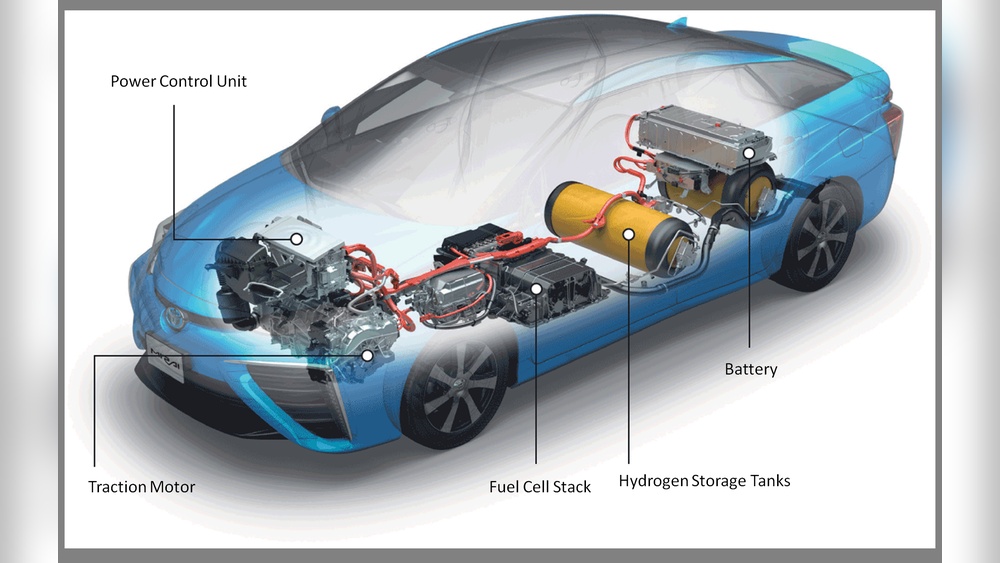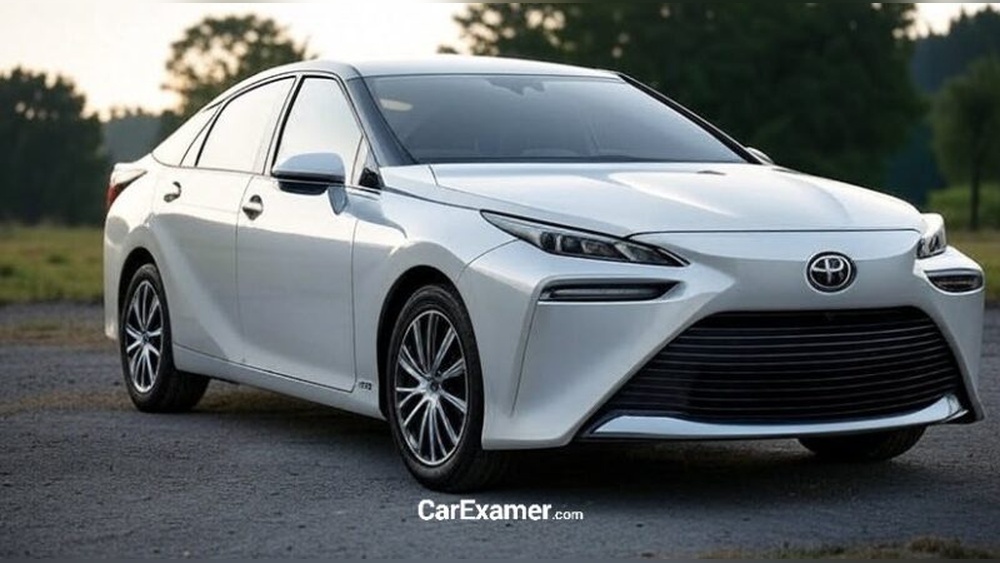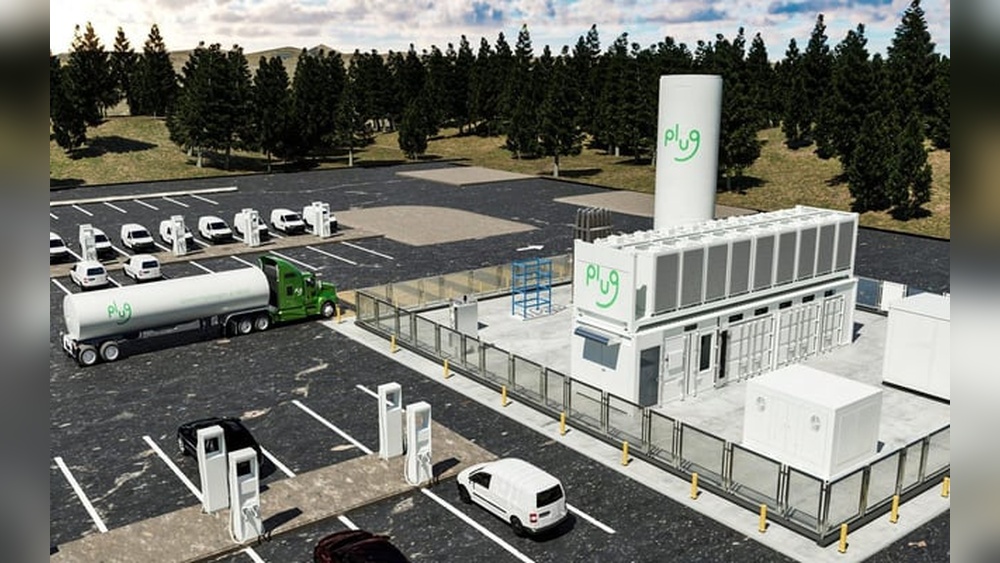Hydrogen cars have been talked about for many years. They use hydrogen gas to make power. This power helps the car move. Many people think hydrogen cars are clean and good for the earth. But there is a big problem that stops them from being popular. This article will explain the biggest problem with hydrogen cars in simple words.
What Are Hydrogen Cars?
Hydrogen cars use a special system called a fuel cell. This fuel cell takes hydrogen gas and mixes it with oxygen from the air. When they mix, they make electricity and water. The electricity powers the car’s motor. The water comes out of the car’s tailpipe, not smoke or bad gases.
This sounds good, right? Clean energy and no pollution. But making and using hydrogen in cars is not easy.
Why Do People Like Hydrogen Cars?
- They only produce water, so no pollution from driving.
- They can be filled up quickly, just like gasoline cars.
- They can drive long distances without stopping.
But despite these benefits, hydrogen cars are not common. Let’s see why.
The Biggest Problem: Hydrogen Storage and Fuel Supply
The biggest problem with hydrogen cars is how to store and supply hydrogen safely and cheaply.
Here are the main issues:
- Hydrogen is hard to store: Hydrogen gas takes up a lot of space. To store enough fuel, tanks must be very big or hold hydrogen at very high pressure.
- Hydrogen leaks easily: The hydrogen molecule is very small. It can slip through tiny holes and escape from tanks over time.
- Hydrogen is very flammable: If it leaks and finds a spark, it can cause a big explosion.
Storage Tanks Are Large And Expensive
Hydrogen needs special tanks to keep it safe. These tanks are strong and thick. They must hold hydrogen at very high pressure. This makes the tanks heavy and costly. The large size also makes cars less practical.
Hydrogen Leaks Are A Safety Risk
Hydrogen can slowly leak from tanks. Leaks are hard to detect because hydrogen has no color or smell. If hydrogen builds up in a place, it can cause danger. This risk makes people worry about using hydrogen cars.
Production Of Hydrogen Is Not Always Clean
Hydrogen is not found free in nature. It is usually combined with other elements, like in water or natural gas. To get hydrogen gas, it must be separated.
Most hydrogen today comes from natural gas, a fossil fuel. This process creates carbon dioxide, a gas that harms the environment. So, using this hydrogen is not very clean.
There is a way to make clean hydrogen from water using electricity. But this method is expensive and uses a lot of energy.
Comparing Hydrogen Cars and Electric Cars
Electric cars are more popular today. They run on batteries that store electricity. People charge these batteries at home or stations.
Here is a simple comparison:
| Feature | Hydrogen Cars | Electric Cars |
|---|---|---|
| Fuel Storage | Hydrogen gas tanks (large, high pressure) | Batteries (heavy, but improving) |
| Fueling Time | Few minutes to fill hydrogen | 30 minutes to many hours to charge |
| Fuel Availability | Very few hydrogen stations | Many electric charging points |
| Safety | Risk of hydrogen leaks and explosions | Battery fires possible but less explosive |
| Environmental Impact | Depends on how hydrogen is made | Depends on electricity source |
| Car Cost | More expensive due to fuel cell tech | Cost decreasing as battery tech improves |
Why Is Hydrogen Fuel Not Easy to Get?
Hydrogen is usually made in big factories. These factories use natural gas or water. Making hydrogen from natural gas creates pollution. Making hydrogen from water uses electricity. If electricity comes from solar or wind, it is clean but costly.
Also, storing and moving hydrogen from factories to cars is hard. Hydrogen needs special pipelines or trucks. This adds to the cost.
What About the Idea of a Hydrogen Society?
Some people think hydrogen could be used for more than cars. They imagine a “Hydrogen Society.” This means using hydrogen to store energy from the sun or wind.
For example, in summer, solar power is high. We can use extra power to make hydrogen from water. Then store hydrogen for winter when sun is low. This idea is big and needs much research.
But for cars, the problems are still big. The focus now is on storing hydrogen well and safely.

Credit: newatlas.com
Other Problems With Hydrogen Cars
- Fuel Cell Cost: Fuel cells are expensive to make.
- Rare Materials: Fuel cells need metals like platinum, which are rare.
- Infrastructure: Few hydrogen stations are available worldwide.
Why Do Some Experts Say Hydrogen Cars Are Not Practical?
Experts like Elon Musk say hydrogen cars are “mind-bogglingly stupid.” Why?
They think hydrogen is better for storing energy, not for cars. Using electricity directly in batteries is simpler and cheaper.
Hydrogen cars need more steps: make hydrogen, store it, turn it into electricity again. Each step wastes energy and costs money.
Summary: The Biggest Problem in Simple Words
Hydrogen cars sound good but face big problems:
- Hydrogen is hard to store safely and cheaply.
- Making hydrogen cleanly is difficult and expensive.
- Hydrogen fuel stations are very rare.
- Fuel cells and tanks are costly and need rare materials.
Because of these issues, hydrogen cars are not common. Electric cars are easier and cheaper to use now.
What Could Help Hydrogen Cars in the Future?
Scientists and engineers are working to fix these problems. They want better tanks that don’t leak. They try to make fuel cells cheaper. They explore ways to make hydrogen from clean energy.
If these succeed, hydrogen cars might become more useful. Until then, they will stay rare and expensive.

Credit: carbuzz.com
Final Thoughts
Hydrogen cars have promise but a big problem holds them back. Storing and using hydrogen safely and cheaply is hard. Until this is solved, electric cars will lead the way.
Understanding these challenges helps us see why hydrogen cars are not everywhere yet. It also shows that clean energy needs many ideas, not just one.
Frequently Asked Questions
Is There A Downside To Hydrogen Cars?
Hydrogen cars face challenges like costly fuel production, limited refueling stations, and bulky high-pressure tanks. Hydrogen leaks pose explosion risks. Producing green hydrogen remains inefficient and expensive. These factors limit widespread adoption compared to electric vehicles.
How Many Hydrogen Cars Have Blown Up In The Us?
No hydrogen cars have exploded in the US in any significant number. Safety measures and regulations prevent such incidents effectively. Hydrogen vehicles undergo strict testing to ensure safe operation.
What Is The Lifespan Of A Hydrogen Car?
Hydrogen cars typically last around 150,000 to 300,000 miles with proper maintenance. Their fuel cells can last 8-10 years before replacement. Durability depends on driving habits and climate. Advances in technology continue to improve lifespan and reliability.
How Expensive Is It To Refill A Hydrogen Car?
Refilling a hydrogen car typically costs between $50 and $70 for a full tank. Prices vary by location and hydrogen availability. Hydrogen fuel is pricier than gasoline but offers quicker refueling and longer range. Costs may decrease as infrastructure and technology improve.


